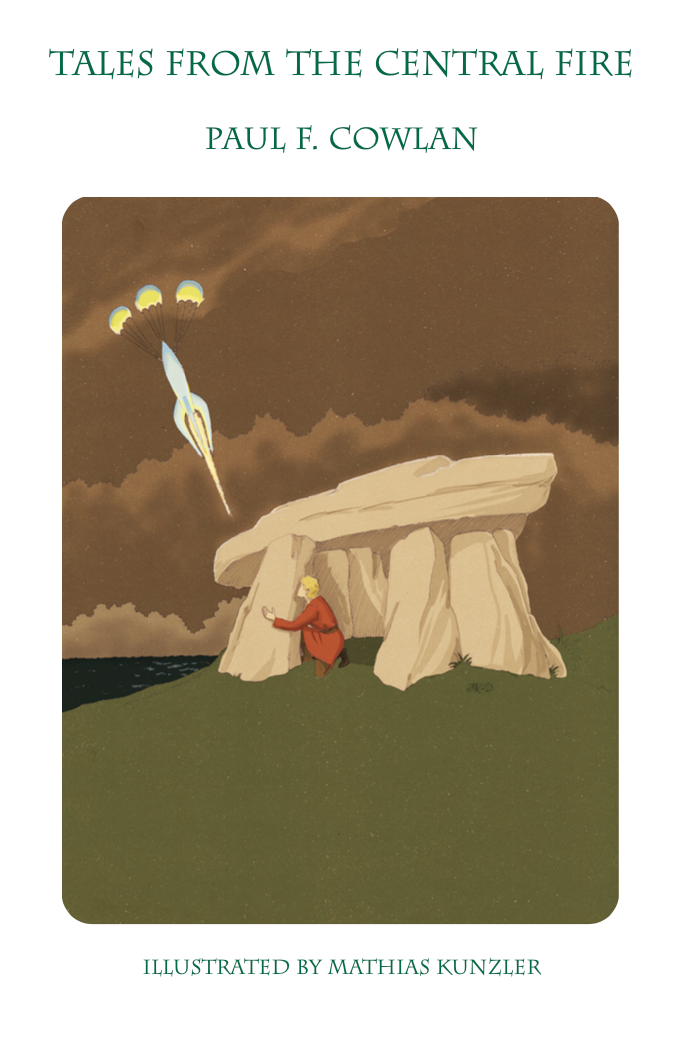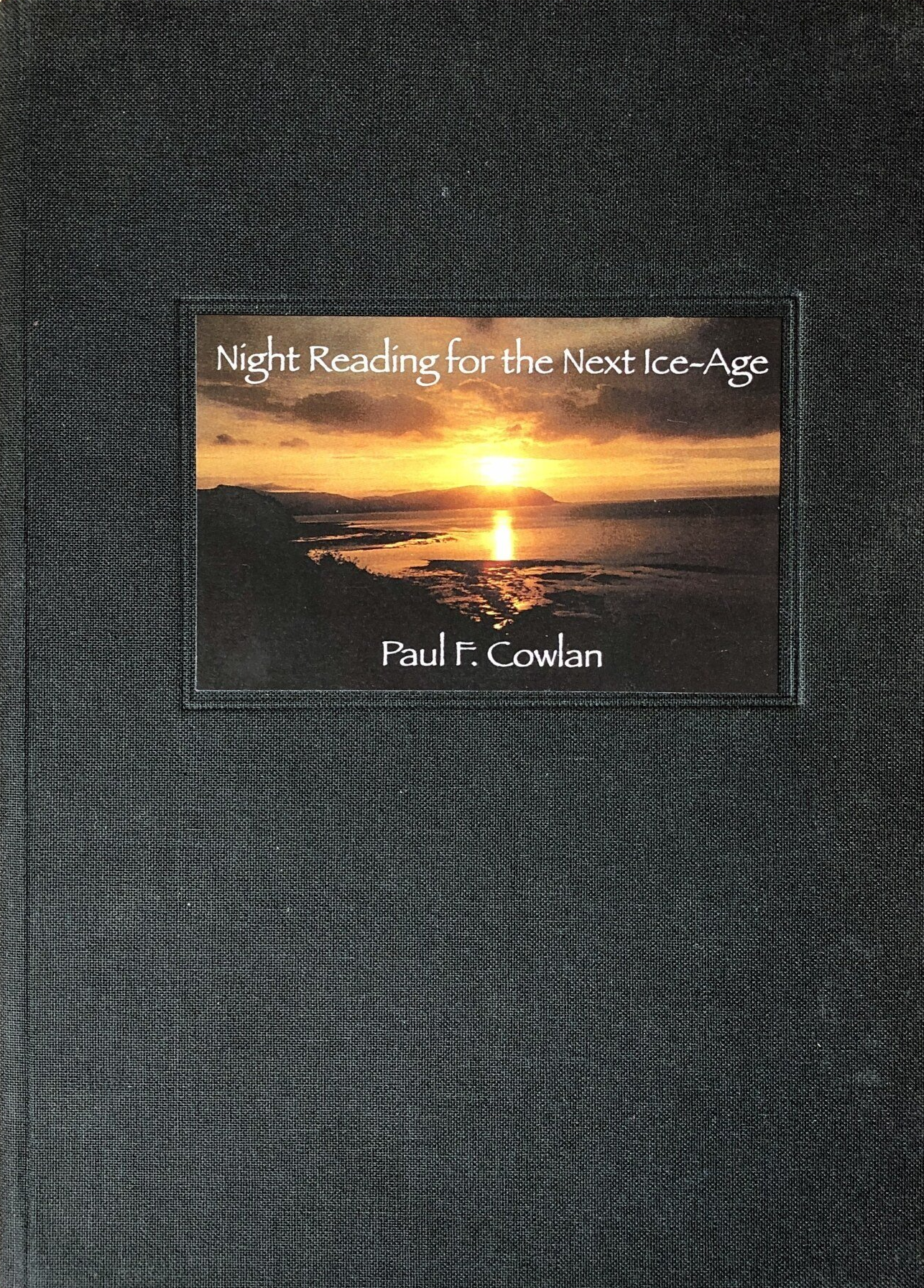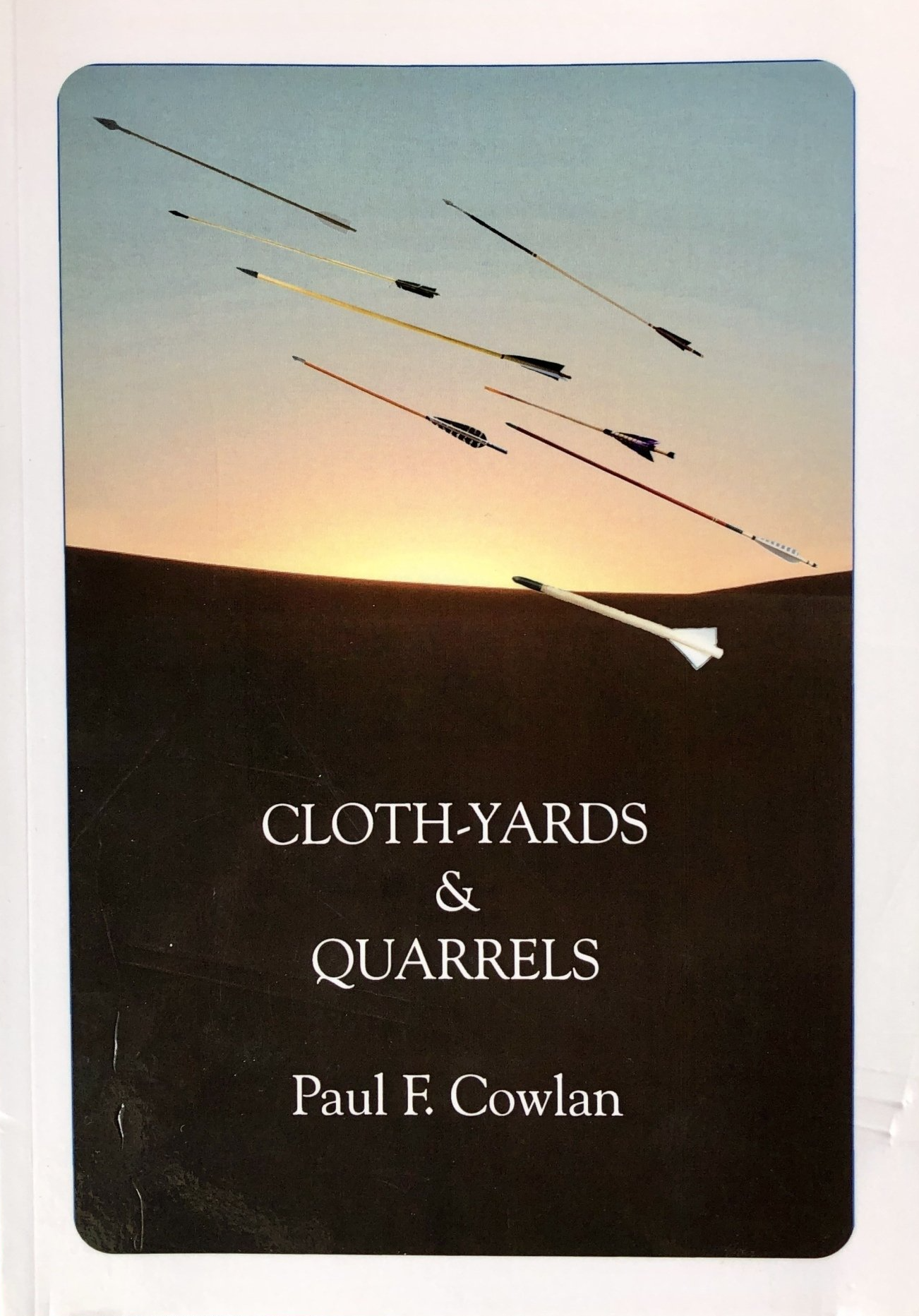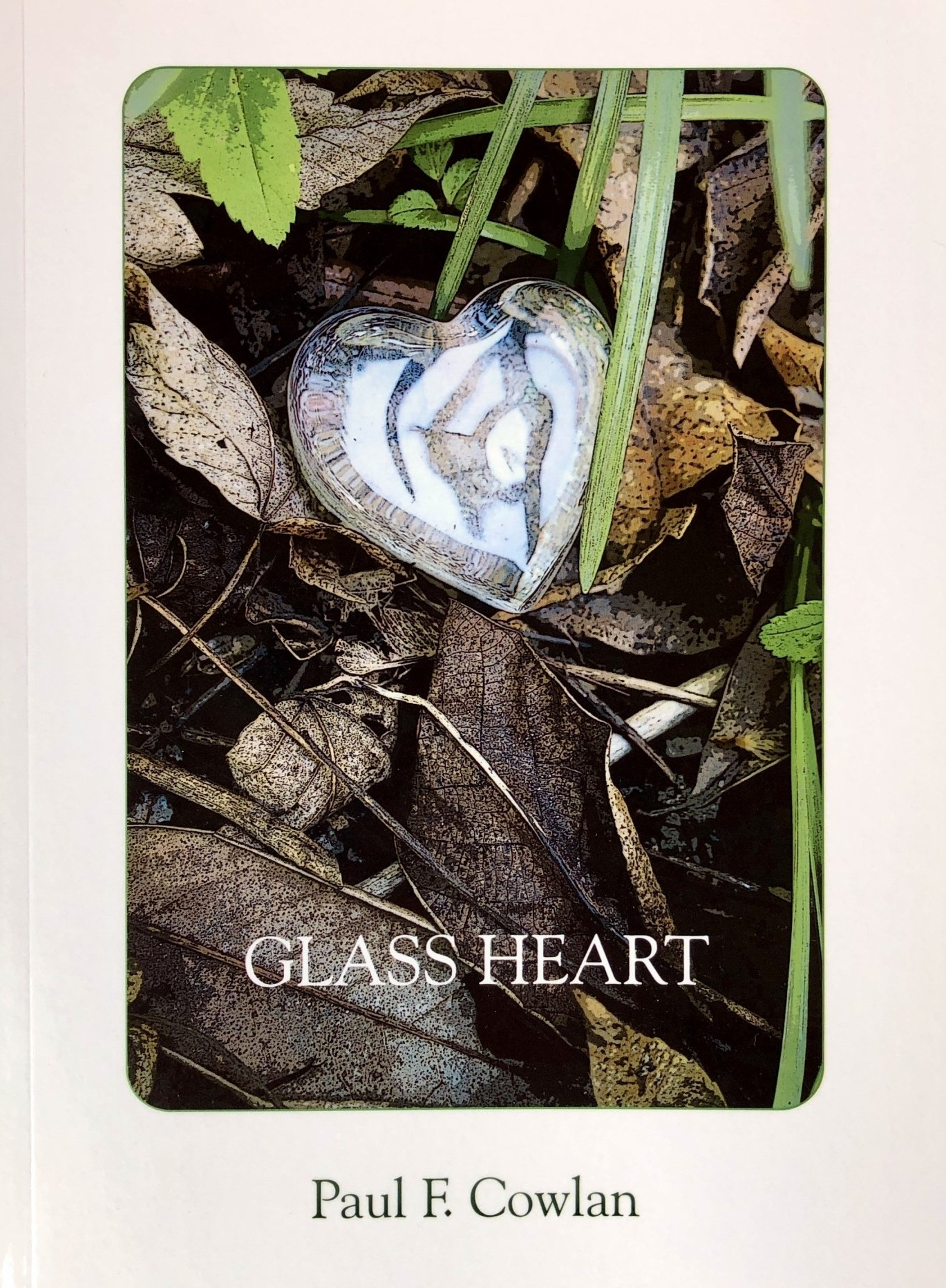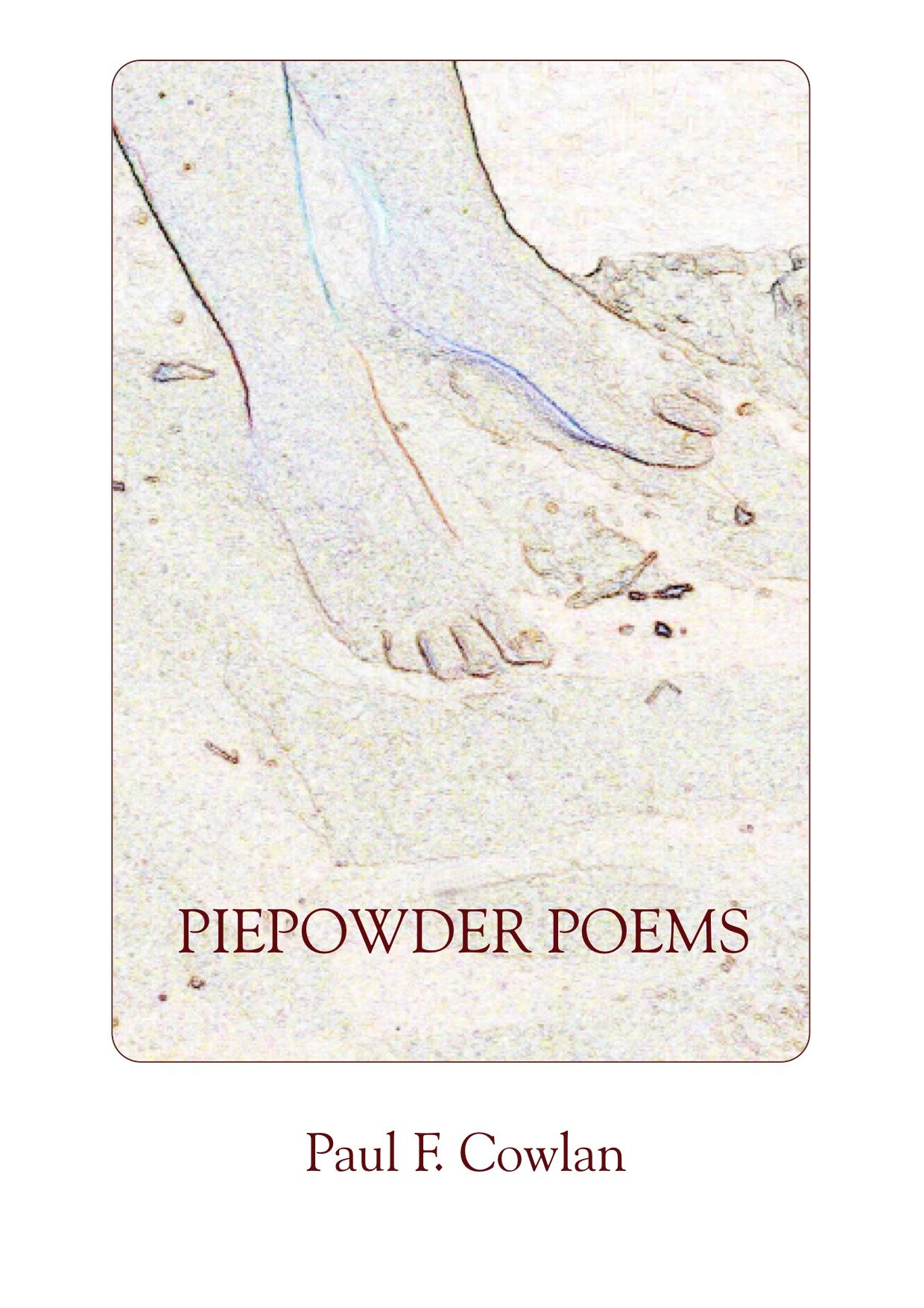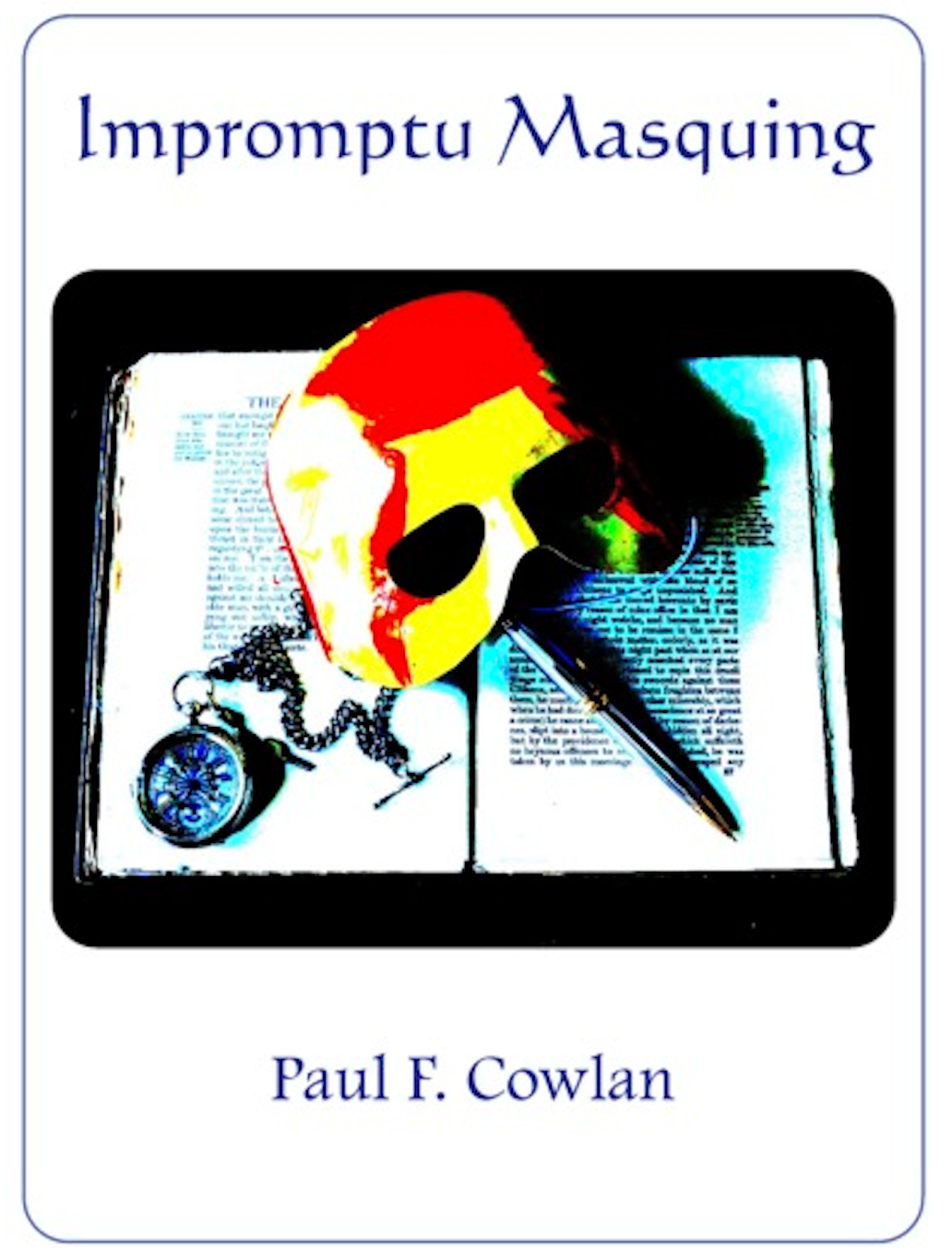TALES FROM THE CENTRAL FIRE
ISBN 978-0-9935462-4-2
Sometimes, even now, an echo of those dawn times catches, like a silver fish in the memory of a dream, but it is never clear, it wriggles free and slips away, for since then far too many words have been spoken and confused, and far too many days have intervened.
These tales were written long ago, between my eighteenth and twenty-eighth year, and arose out of two names, Dambiadus and Temcataal, which remained in my head after a dream, about which I remembered nothing else. Who were Dambiadus and Temcataal? I had no idea, but I did have an intimation that they were, in some sense, seeds from which further developments would emerge. Thereafter the tales slowly coalesced, together with their star system and satellites. The Central Fire itself derived from Pythagorean cosmography, and the narrative content was not only drawn from dreams, but also from the youthful intensity of my everyday life. Snapshots, glimpses, sound-bites, accidentals; insignificant in themselves, but in harmony with another, parallel, world which operated according to a different but related code from that of my familiar existence. Inner landscapes, archetypes, projections, myths and realities. Tales from the Central Fire.
Available for purchase for £12.00 (€ 14.00) plus p&p. Contact by e-mail

